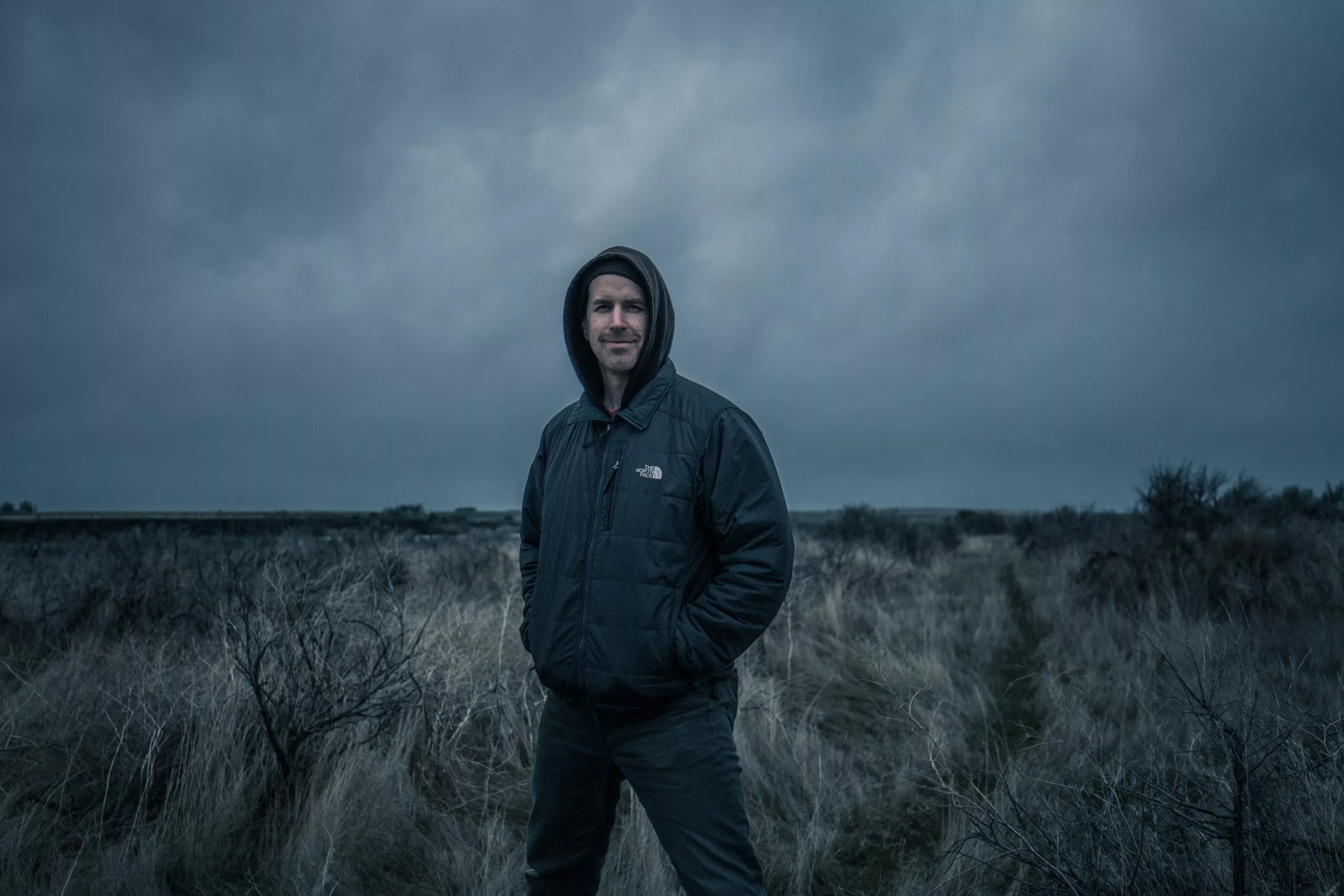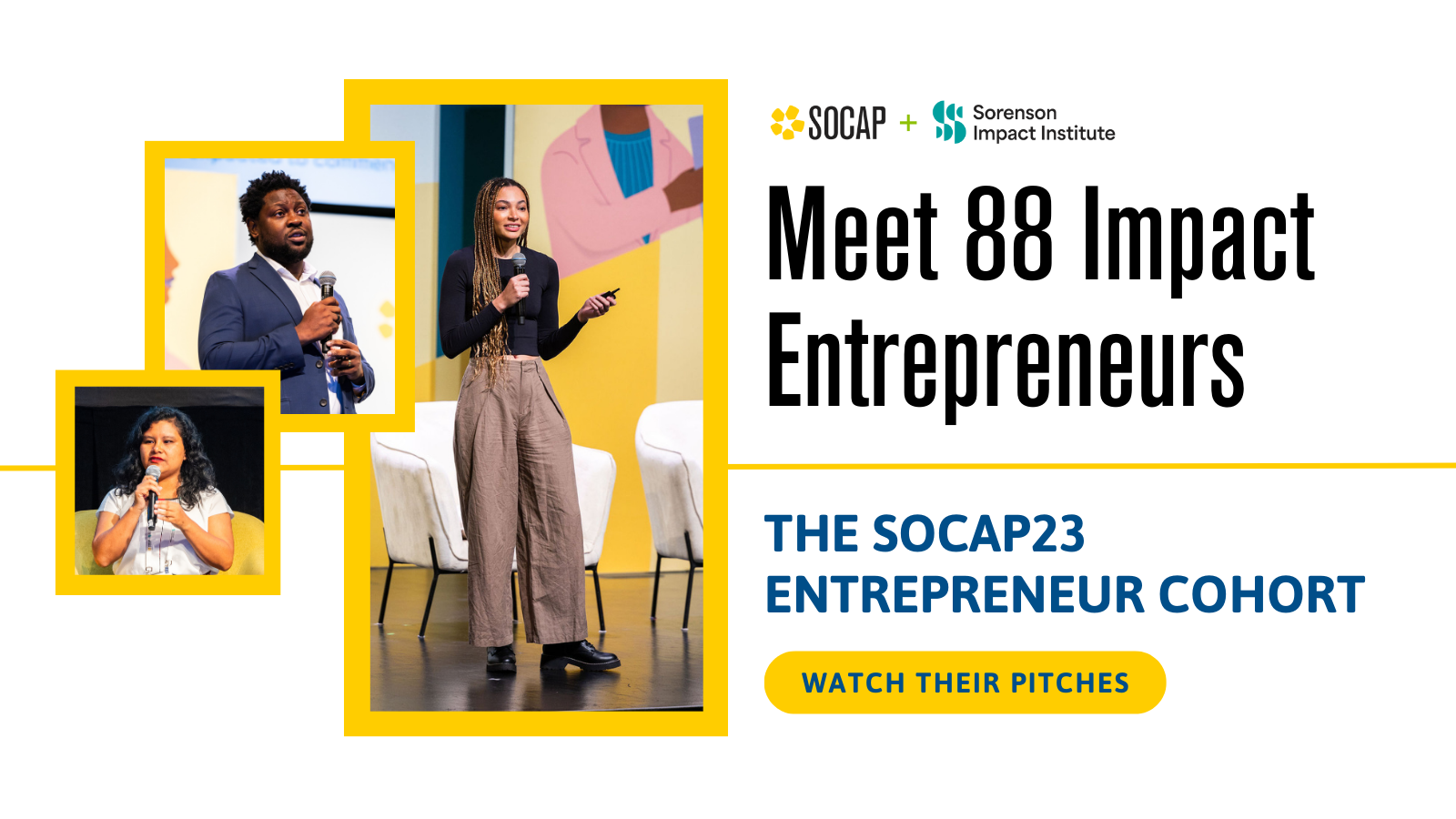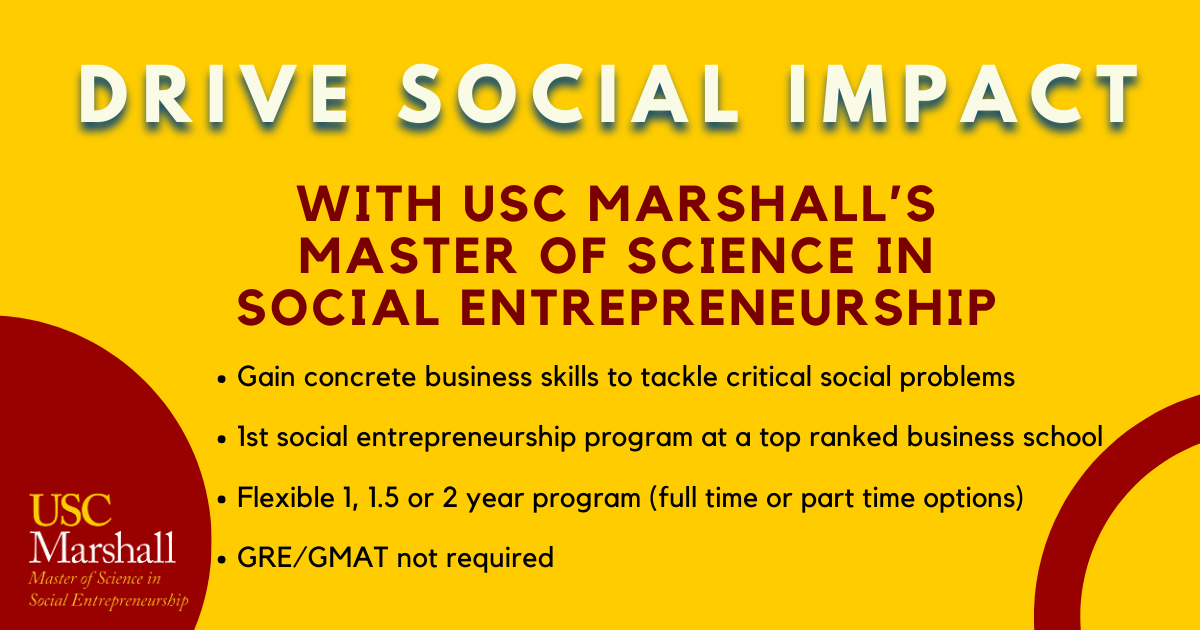If art is to nourish the roots of our culture, society must set the Artist free to follow her vision wherever it takes her.
President John F. Kennedy
One of the first things that happened when people were urged to shelter in place, due to COVID-19, was museums and artists and musicians and … started making access to what they were doing free. On the one hand, this is amazing and shows the generous spirit of these communities – communities that are often considered a luxury in our society; communities that have always stepped up to offer support in a large-scale crisis, usually without considering the finances involved.
But there are finances involved. There’s no doubt the economic effects of COVID-19 are not limited to artists. Many people are giving things away for free as they struggle to try to come up with a plan to keep earning income now and in the new world that is being created. For those of us who own our own business, creators and otherwise, not marketing feels like – and possibly is – a slow death.
The difference, though, is that for artists this could be just another day.
We’ve all heard of the starving artist. Some argue it is a choice and some it is a failure of society. Usman W. Clohan, Professor of Policy Reform and Economics at UNSW Sydney, asserts that
much of what makes artists suffer has to do with society’s inability to reconcile what is valuable as money with what is valuable as human expression.
The reality is that most artists are unable to pay their bills with their art – be it music, visual art, or more. And that is not limited to independent artists, 61% of musicians signed to a label make less than $10,000 a year.
I do not think this is the America President Kennedy was envisioning when he gave the speech at Amherst college that contains the quote at the beginning of this article.
It is that speech and the underlying belief that inspired Peter Nelson to launch Threshold. Threshold is answering the call for a connection between what is valuable as money and what is valuable as human expression. In fact, Threshold is on a mission to create a more human world in general.
Listening to Peter talk about his vision – a world where creatives make a sustainable living from their craft and feel connected to their fans who feel connected to each other – and the stories that led him to create it – including loss of connection to his own art and a Zen moment outside an Airstream in the snow where he connected to his soul – I was reminded of the stories I’ve long imagined to have been part of Saturday nights at 27 Rue de Fleurus.
In many ways, the popular House Shows that Threshold promotes are reminiscent of those exact Saturday nights with the Lost Generation. Although the format varies from city to city and artist to artist, they are generally a more intimate, connected experience where artists can share their work and interact with the people who are enjoying it. A dream come true for those of us who have ever gone to hear a poet, visited an exhibit, or seen a musician we loved to watch perform and wished we could tell them what their work means to us or maybe just have a beer when they are done.
The experience is like combining the fun and community of the front-porch bluegrass shows of the Deep South and the spoken word of 90’s coffeehouses with people who are artists and performers as their job. Don’t misunderstand, I’m glad open-mic nights exist and that everyone who wants to can record a podcast in their closet. But I had a major aha moment last summer when I went to hear Andera Gibson. I went 100% to spend time with a friend who was going and who almost didn’t even invite me because I’ve been known to say I don’t like poetry.
As we stood in that bar on a sticky floor, and Andrea performed her poetry, I was mesmerized. I was transported to the days I first read Audre Lorde and Adrienne Rich. I felt things in my soul that I hadn’t in a long time. And I came home and started writing poetry again, which I hadn’t done in decades.
Just imagine if I had been able to have that experience with only 25 other people in the room and then been able to sit with Andrea and her girlfriend, Megan Falley (who also performed that night) and connected authentically over our shared experiences.
Threshold is creating just such opportunities, including proactively reaching out to Artists and their reps who were forced to cancel events/workshops due to COVID-19 to see if they’re interested in partnering with them to set up some exclusive, small capacity events once it’s possible. The Artists will be able to set their booking rate and fans can message the Artist directly via Threshold and offer to host.
The Host will be responsible for paying the Artist’s booking rate but they can also turn around and sell tickets to the event or simply give them away. So, for instance, if the Host has a living room that can hold 20 people, they’d receive 20 tickets that they could sell for however much they’d like or simply give them to family and friends. Although this strategy is different than what they had imagined for 2020, it is just one more example of how Peter and the team at threshold are putting the artist’s needs first in everything they do.
But let’s get back to the it’s their job part. Peter and Threshold are working to flip the narrative on the starving artist and render the oft-cited Yeats phrase, I, being poor, have only my dreams. I lay them at your feet. Tread lightly, for you tread on my dreams, a relic.
One of the primary reasons musicians started playing House Shows was to supplement their income with their art instead of outside of it. Just as many writers (myself included) do ghost-writing, copywriting, and many other types of writing to pay the bills, musicians realized that they could schedule House Shows on nights they weren’t playing at larger venues or during times when they weren’t touring. Artists also typically make more money with House Shows and have less sticky floors and late nights.
Threshold takes House Shows and makes them less an afterthought and more a choice. The platform is free for artists to join and Threshold takes a 20% commission for ticket sales. They use technology to connect artists to their fans, including a heat-sensor map that highlights potential locations for shows and algorithms that tell them how much they should charge.
It’s entirely created around the artist and what they need.
And it’s not just for musicians! They have three types of shows: Performances, where the artist entertains the audience, Informances, where the artist intellectually engages the audience, and Transformances where the artist teaches the audience with a hands-on workshop.
Peter is as much someone searching for his ikigai as he is a music-lover. He describes creating Threshold as a rebirth after a dark decade; a reigniting of something inside of him. He finally has work that makes a difference in the world and uses all of his interests – design, art, philosophy, economics, social justice and of course, music.
One of the things that separates ikigai from other seeking philosophies is the component of What can you get paid for? It only makes sense then, that making sure artists can get paid for what they love, what they are good at, and what the world needs (the other three components) would be his own ikigai.




